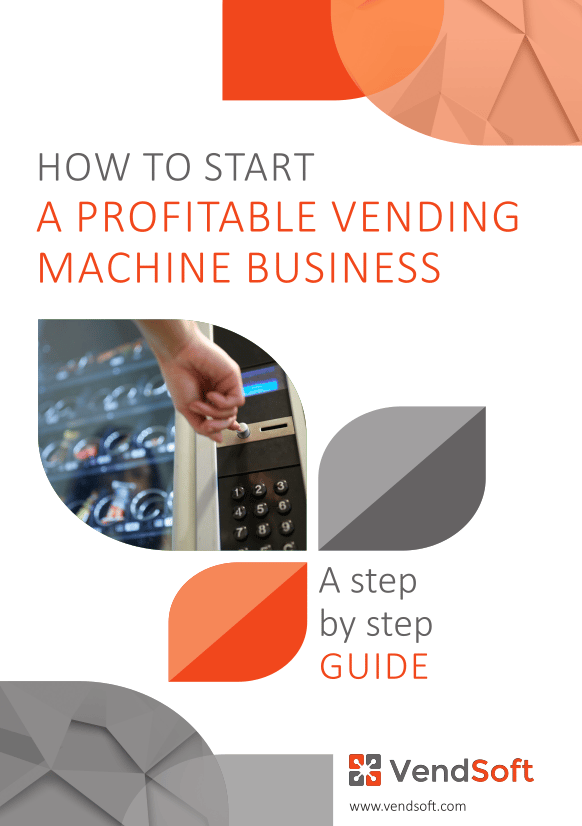When you first begin a new company, the last thing you want to do is make mistakes that could affect your future success. It is better to learn from others who tried and failed before you. Keep an eye on the coffee vending machine industry worldwide and study their data to determine how to conduct business successfully. The following 10 mistakes made by startup vending companies should be avoided. They may not represent all the pitfalls and problems that may arise with this type of business, but we hope they help you on your way to a profitable future.
1. Calculating Payback Inaccurately
One of the more common mistakes in any industry has to do with projecting higher profits in the future than those that might be reasonably attainable. Supply companies for the vending industry frequently say that the cost of each machine will definitely be made back within half a year. This is highly optimistic and may lead new business owners to bite off more than they can chew. While payback times could be even less than the claimed 6 months, so many factors and potential problems go into this outcome that it is hard to predict. In reality, most vending machines earn back their costs through concession sales in 12 to 14 months.
2. Choosing Older and Simpler Machine Models
Vending machines have to compete with many other options for consumers’ attention and money. Every machine you place must work reliably, but that alone is not enough to turn a good profit. In order to compete in the marketplace, your machines must exude quality and security. While most vending machines last 12 to 24 years, they may look older than they should if not properly maintained.
3. Installing Pay Systems and Bill Validators That Do Not Work
Not only could you miss out on some payments for goods from a defective vending machine, but the buyers will also stop buying if their money does not work. This can occur if they pay but no product comes out or if the machine refuses the coins or bills they try to pay with.
4. Using Credit or Leasing Vending Machines
While it is necessary to invest in a new vending business, beginners may err on the side of too much, too soon. Optimism must be tempered with realism. Using credit, taking out loans, or signing up for an extended lease agreement can cause trouble if the sales fail to come. The debt or loan payments may eat up any profits you make.
5. Buying Machines in Bulk
While possible discounts on bulk vending machine purchases may seem attractive and could save you money in the long run, you must take into consideration how many you can place, set up, and service effectively. People new to the vending industry may think their capabilities greater than reality. This can lead to the need to store the machines unused for a while before getting a great location to place them.
6. Placing Vending Machines in the Wrong Places
If you want to make money with any vending machine, the number one priority is location. Of course, you also need an eye-catching display front, quality products at attractive prices, and maximum in order time, but if the machine is placed badly, no one will ever make a purchase. A bad location is one with limited consumer traffic and other company’s machines competing for their attention. Other food service places such as cafes, diners, and restaurants can also cut into your profits. Another thing to watch for is the peace of mind of the people who would use it. Vending machines in poorly lit areas will leave people feeling nervous to stop.
7. Ignoring the Buying Habits or Abilities of Local Consumers
Know your customer based. In lower-income areas, people may eagerly spend 50 cents on a small snack but balk at a one-dollar option.
8. Selling Poor Quality or Defective Products or Ingredients
Consumers prefer name-brand snacks they trust to cheaper generic versions. Products like coffee depend not only on the grounds used but also the quality of the water. All ingredients must work together to deliver a delicious brew or snack.
9. Failing to Maintain, Clean, and Service Machines on Schedule
Your vending machine business relies on consumer trust and willingness to buy. A dirty or broken machine does not bring confidence and sales will fall.
10. Using Vending Machines That Look Old or Out of Date
Not only are older machines more likely to break or go out of order, they also fail to give the appearance of a healthy, thriving business. Older models without bright, eye-catching graphics perform worse than modern alternatives.
Want more vending business tips?
Subscribe to our free 2-week email course and learn how to start a successful vending business.

